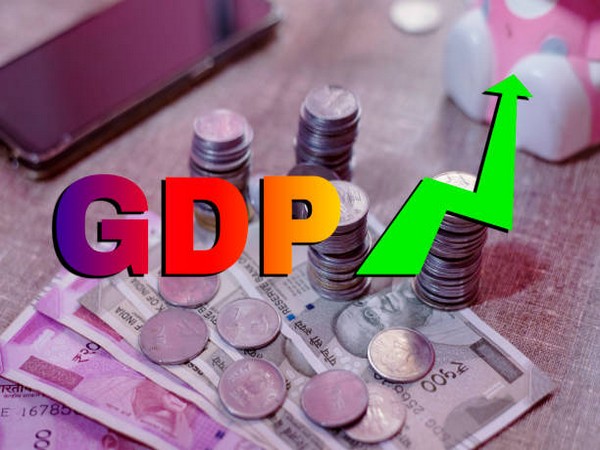India’s GDP is expected to grow by 7.8 per cent in the concluded financial year 2023-24, with a projection of 6.6 per cent growth over the next two fiscal years, according to latest Economic Outlook report from OECD. The report cautions that global near-term developments could pose challenges to achieving higher growth.
According to the report, India’s domestic demand will be driven by gross capital formation, particularly in the public sector, while private consumption growth is expected to remain sluggish.
Exports will continue to grow, with services such as information technology and consulting expected to witness an increase in global market share, supported by foreign investment.
Although headline inflation is likely to decline gradually, food inflation remains will remain elevated, the report says.
In March, India’s consumer price index (CPI) inflation decreased to 4.9 per cent, down from an average of 5.1 per cent in the previous two months and 5.7 per cent in December 2023. However, it remains slightly above the Reserve Bank of India’s ideal scenario of 4 per cent.
The report forecasts that the Reserve Bank of India (RBI) will begin easing monetary policy in the second half of 2024 as inflation subsides.
The RBI kept the repo rate unchanged at 6.5 per cent, the seventh time in a row, in its latest review meeting. The repo rate is the rate of interest at which the RBI lends to other banks.
“Assuming a normal monsoon season and no other supply shocks that may de-anchor inflation expectations, a first cut of the policy rate is projected in late 2024, with cumulative cuts of up to 125 basis points implemented before March 2026. The RBI will only switch the stance to neutral during 2025,” the report says.
To address multiple development challenges, including job creation, India needs to achieve higher real GDP growth, the report suggests.
To ensure further progress, unpredictable export restraints and tax surcharges should be avoided, subsidies for fertilizers and pesticides reduced, and minimum price supports rationalized, the report says.
“In addition, requirements to sell produce in mandis (state-regulated wholesale markets) should be relaxed. Such bold actions must be accompanied by pro-active communication, open dialogue with stakeholders, and regulatory safeguards,” it says.
(With ANI input)




















